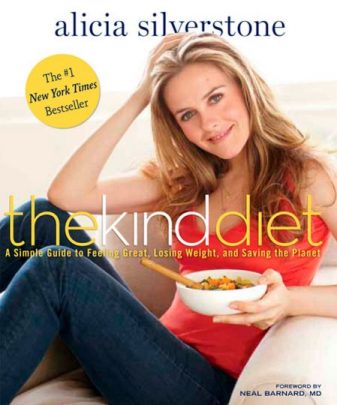Welcome to Episode 8 of The Real Heal podcast where my guest is Ali Tabrizi, director of the 2021 Netflix documentary, Seaspiracy.
This episode is a must-listen for everyone, whether or not you eat fish. We dive deep into the state of the oceans and how much damage we’re causing—from plastic pollution to overfishing.
If you haven’t seen Seaspiracy yet, put it in your queue— and watch it with all of your friends!—it is such a powerful film. The fishing industry is rife with issues, and Tabrizi exposes a number of them from bycatch in tuna labeled as “dolphin-safe” to unthinkable human trafficking and slavery on Thai shrimp boats.
Trillions of fish are taken from the oceans each year, throwing ecosystems out of balance, all while plastic pollutes the world’s oceans at alarming rates.
Did you know that abandoned fishing nets and gear are the biggest contributors to our ocean plastic pollution problem? I didn’t either! Some experts suggest there could be more plastic in the oceans by 2040 than fish. And a study published just last week finds that human-caused climate change could bring about a mass ocean extinction.
The situation is grim, but there is much to be hopeful about. Scientists, organizations, and governments are working to protect and restore our oceans. Efforts like planting mangrove orchards, restoring reefs, and removing plastic are all making a difference.
The easiest ways you can help are also some of the most impactful, too. Reduce (or eliminate!) your use of plastic, especially single-use plastic. And cut down or eliminate fish. It’s not the health food it’s promoted as, and there are tastier, more ethical options that come from plants (including delicious and sustainable seaweed!).
Below are some links to help and The Kind Diet is filled with yummy recipes that can replace seafood.
The Tastiest Way to Eat Seaweed
5 Easy Steps to Live Trash Free
The Benefits of Eating Nuts and Seeds
